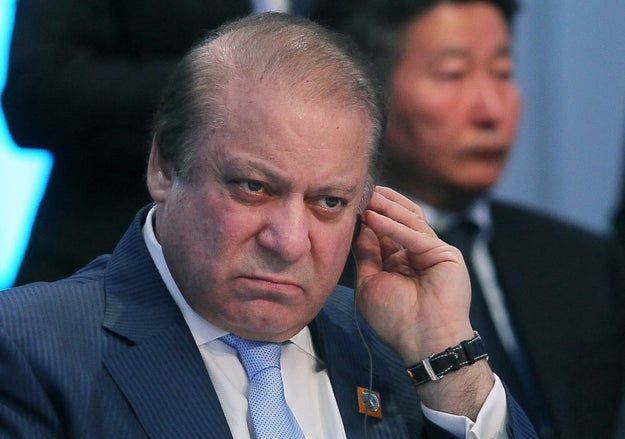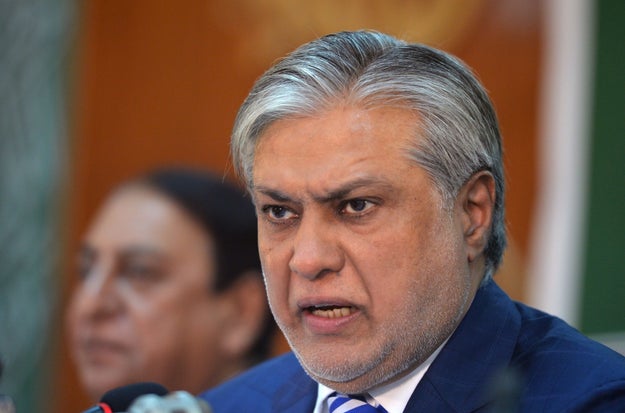Nawaz Sharif and his family were accused of corruption and not being able to substantiate their massive wealth with appropriate documents.
Pakistani Prime Minister Nawaz Sharif has resigned after a unanimous and historic ruling by the country's Supreme Court that disqualified him from holding public office.

This verdict was a result of a deep investigation of the Panama Papers case, in which Sharif and his family were accused of corruption and not being able to substantiate their massive wealth with the appropriate documents.
"He is no more eligible to be an honest member of the parliament, and he ceases to be holding the office of prime minister," Judge Ejaz Afzal Khan, head of the implementation bench, said in the court about Sharif.
The highly anticipated verdict marks Sharif's third incomplete term. No prime minister in Pakistan has completed a full five-year term since the country's inception 70 years ago.
The Sharif family were found living beyond their means and asked by the court to submit a paper trail of their spending, including their real estate property in London. Their lawyers failed to provide convincing documentation, and were also accused of submitting forged documents.
Afp / AFP / Getty Images
Pakistan's Finance Minister Ishaq Dar was also disqualified shortly after the verdict on Sharif.

Dar had submitted documents supporting the Sharifs to the court, to prove they had obtained their assets fairly.
Aamir Qureshi / AFP / Getty Images
Ex-cricketer and leader of opposition party Pakistan Tehreek-e-Insaf Imran Khan was responsible for bringing Sharif and his family's links to offshore accounts and companies to the court's attention.

The allegations were originally made in April last year by Panama-based law firm Mossack Fonseca.
Sharif was among several leaders around the world identified by the law firm of involvement in corrupt offshore activities.
Aamir Qureshi / AFP / Getty Images